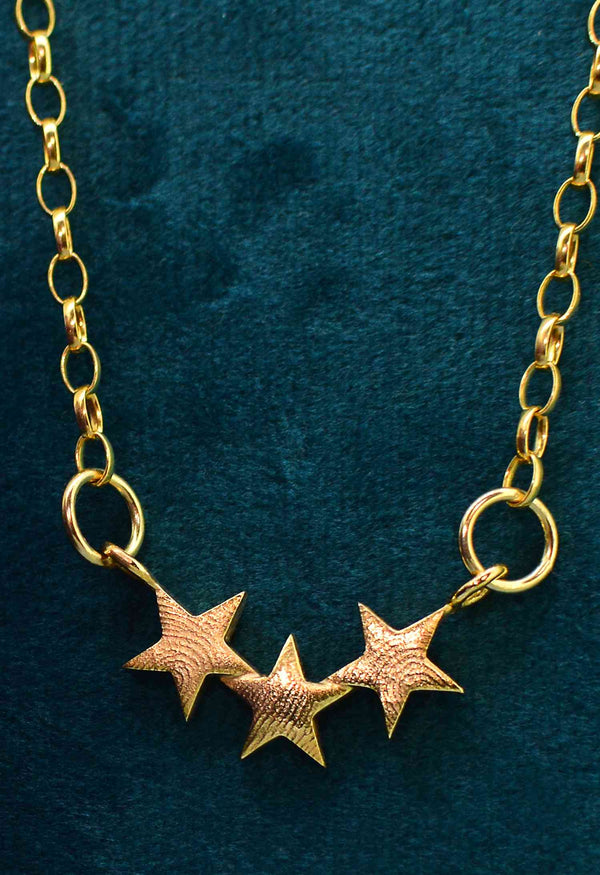Your Cart is Empty
~ Waiting List in Operation ~ Please Ask Before Ordering ~
~ Personalised jewellery to treasure forever ~
~ Waiting List in Operation ~ Please Ask Before Ordering ~
~ Personalised jewellery to treasure forever ~

Bees Needs Week and 10 Facts You Didn't Know About Bees
July 23, 2018 5 min read
Where would we be without the humble bee?
As pesky as these buzzing critters can be at times, the truth is that humanity would be lost without them. After all, bees don't just provide us with honey; they're also responsible for pollinating various crops and wildflowers. Without bees, we'd have a severe food shortage.
Now that the bee population is in rapid decline, it's important for everyone to do their part to help these insects thrive.
Once a year in July, The Bumblebee Conservation Trust holds a Bees Needs Week, to raise awareness of the importance of bees and other pollinating insects.
This year, it starts on the 8th of July and it’s a fabulous chance to learn a little bit more about our buzzy garden friends.
The Bumblebee Conservation Trust specifically asks that we try to do just five things to help out at home:
- Try to grow more flowers, shrubs and trees.
No, not everyone had the space to grow a tree, or the time to maintain a complicated load of plants, but there are some cheap and very simple ways to add bee-friendly flowers to your garden, including maintaining a few pots of lavender and throwing down a readymade wild flower seed mix.
- Let your garden grow wild
OK, now this is definitely not going to suit everyone. You’re probably going to want to enjoy your garden for other activities other than staring at bumble bees, BUT, nowhere do they say you have to let your whole garden get overgrown. A small patch somewhere a bit out of the way would be fine. After all, every little helps.
- Cut your grass less often.
No, you don’t have to let your lawn turn into a mossy, weedy mess, but cutting it every 10-14 days instead of once a week can really help bees out. It gives clover, dandelions and daisies half a chance to grow and it’s less work for you afterall.
- Don’t disturb insect nests and hibernation spots.
This one should be relatively easy as most of the time, insect nests will be tucked up out of the way in hedges, shrubs or trees. If you happen to find a nest of bees in your garden, in a lot of cases, they can be left. Most tend to be high up and bees do tend to mind their own business unless disturbed.
If you really can’t avoid moving a nest, never attempt to do it yourself and always contact an experienced expert, as they will string if you upset them.
- Think carefully about pesticides
If you’re into gardening, pesticides can’t always be avoided. Infestations of aphids and other garden pests can wreak havoc on your flowers and vegetables, but you could consider using bee friendly varieties instead of more aggressive types.
Not convinced you really want them around?
Here’s a few facts I’ve put together about the bees in your garden (to consider the next time you're thinking of telling a bee to buzz off!).
- They're Mating Machines
In the average hive, every bee has an important role in maintaining the colony. The Queen's job is to make as many babies as possible, which means mating with countless males. Unfortunately, it's not all fun and games for the male bees. When a male mates with the queen bee, their abdomen is ripped open, causing death shortly afterward. Males in a bee colony have the unfortunate choice between a life without sex, and a gruesome death.
- There's a Huge Variety of Bees
The chances are that you're used to seeing swarms of honey bees hovering around plants and flowers. However, those bees only make up a tiny percentage of the various bee species out there. In fact, there are about 16,000 types of bee, and only around 5% are social enough to come out and introduce themselves to the public.
- From King to Queen
The "boss" bee, which we now know to be the Queen Bee, was originally referred to as the "King" of the hive until the latest 1660s. It was only when a biologist in Holland dissected a queen and discovered ovaries that we realised that the larger bees were the female of the species.
- They Have a Great Memory
You might not be able to tell one bee apart from another in your garden, but these buzzing insects can easily identify you. According to research from Australian scientists, bees can remember and recognise faces. In one study, bees were given black and white photographers of people's faces. Some photographs came with sugar water and others didn't. Over time, the bees remembered and automatically visited the faces with sugar water, over those without.
- They Can Detect Bombs
Though you're not likely to see a bee replacing the four-legged agents at your local airport any time soon, some law enforcement officials have revealed that bees are effective at detecting bomb threats. With the correct training, a bee can find a bomb just as well as any canine.
- Bees Can Understand Time
As well as being able to detect bombs and recognise faces, some scientists believe that bees are also smart enough to understand time too. According to insect experts, Bumblebees can keep time better than most of us humans. If that fact makes you think about bees wearing tiny watches, don't worry - our minds went there too.
- There's an Ancient Species of Bee
You probably don't imagine bees frolicking side-by-side with dinosaurs very often. However, researchers have discovered that the oldest known species of bee, the Melittosphex burmensis dates back millions of years. This bee was found preserved in amber and lived 100 million years ago during the Cretaceous period, alongside the T-Rex, Triceratops, and Velociraptor. This type of bee was only around 3 millimetres long, one-fifth of the size of a honey bee.
- The Buzzing Comes from Their Wings
Some people assume that the buzzing common among bees comes from a hum within the bee itself or a sound they deliberately make. However, a bee's buzz isn't its attempt to communicate with you. It's the noise of four wings moving at a rate of around 11,400 each minute. Those four impressive little wings can move bees at speeds of up to 15 miles per hour.
- Bees are Great Dancers
Speaking of the strategies that bees use to communicate, they do a lot of their talking through dance. Scientists have discovered that a circular dance, when bees move around in a round shape, means that there's food nearby. On the other hand, a "waggle" dance suggests that food is far away.
- Medicinal Honey
Finally, the honey that bees are so famous for making isn't just a delicious treat for humans. It's a powerful substance for healing too. Honey absorbs moisture and wards off infection, which made it a valuable part of the first aid kit used to treat soldiers during World War 1.
Leave a comment
Comments will be approved before showing up.
Subscribe
Sign up to get the latest on sales, new releases and more …

Join the Club
WE'RE SO PLEASED TO SEE YOU!
Stay a while and look around.
While you're here, why not subscribe to our newsletter?We'll give you £20 off your first order, VIP access to new products, and access to our very special sample sales.We promise not to annoy you (honest).
